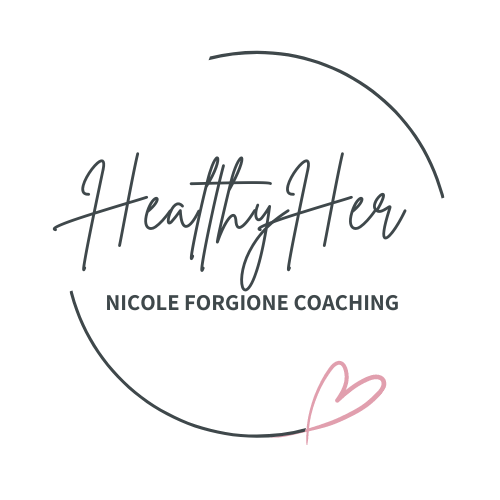Exercise; whats best for you?

Resistance Training
Weight training during menopause and beyond is vital. During menopause estrogen levels decline rapidly, affecting the body’s ability to lay down bone. Strength training can increase bone density thereby reducing the risk of osteoporosis as well as other benefits including maintenance of muscle mass and strength.
Weight or strength training or resistance training exercises: Include lifting weights, using elastic bands or weight machines for exercise, using simple functional movements such as standing or lifting your own body weight. By taking simple steps including eating a balanced diet with plenty of calcium and Vitamin D, and engaging in weight bearing exercise, the risk of osteoporosis can be reduced in the typically vulnerable areas of the spine and hip.
Include these six core exercises:
1. Squat
2. Lat pull down
3. Leg press
4. Shoulder press
5. Seated row
6. Back extension
Women with osteoporosis should avoid repeated trunk flexion, such as sit-ups or toe touches, should also be avoided because of the increased loads placed on the spine during such activities that may result in spine fracture.
HIIT training
High intensity interval training or HIIT is a training regime where very short bursts of activity are alternated with rest periods. There are a few ways to achieve this but if your workout goes for longer than about 20-25 minutes or your rest periods are too short in comparison to your workout it’s probably not a true HIIT workout.
According to several studies (Grossman et al. 2008) HIIT training appears to be a suitable exercise regime for peri, menopausal and post menopausal women. It’s has favourable fat loss benefits if done correctly.
However one issue is the high level of stress it can place on an already stressed body leading to further hormonal imbalances. This can be minimised by doing low impact exercise that places less stress on joints and other bodily systems.
Using an elliptical trainer, step machine, bike or low impact high intensity exercises is a great way to get the benefits without the added stress. So again HIIT is a big yes if done safely. Not sure if HIIT is for you? Get your hormones assessed and I’ll point you in the right direction.
Running
Running is advocated by the RCOG for peri-menopausal, menopausal and post menopausal women. Benefits of running:
-
Management of peri-menopausal symptoms
-
Maintenance of bone health.
-
Mental well-being is enhanced (Grunseit et al, 2017).
-
Interaction with nature through running outside may help with reducing anxiety levels (Lawton, 2017).
-
Running groups may also enhance social connections and a sense of being connected at what can be a time of physical and emotional change.
-
Cardiovascular improvements
Considerations
There’s no doubt that the physiological impact of menopause can affect running and injury risk. Potential collagen changes with menopause highlight the need to not only consider changes to the commonly problematic gluteal, posterior tibial and achilles tendons, but also the need to address abdominal and pelvic floor changes. Another reason to continue pelvic floor exercises!
The last word on running
If you enjoy running there’s no need to give it up, if you don’t like running there’s no need to take it up. Consider running load so you’re not over doing it and risking injury. Keep (or start) doing your pelvic floor exercises. Most of all if you enjoy it, don’t stop!!
Overall, exercising beyond menopause is the only noncontroversial and beneficial aspect of lifestyle modification and some form of resistance training is a must. Cardiovascular training including HIIT, running and walking are important factors in heart health and keeping body weight in healthy ranges.
Work with me
Not sure what exercise is for you? Here is 3 ways I can help.
1. Join my private Facebook group Hormones in Harmony. Click here to request to join.
2. Watch my free training on Mastering Hormones during menopause.
3. Work with me privately in a personalised coaching package. Book a FREE initial session to see how I can help you.
